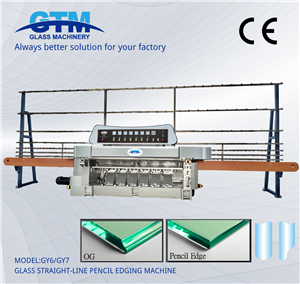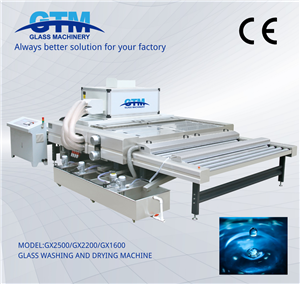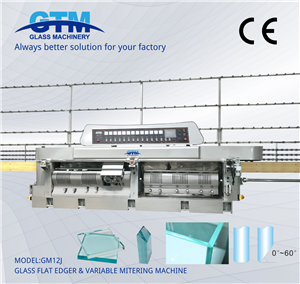Understanding Laminated Glass: A Comprehensive Guide
Laminated glass is a versatile and essential material widely used in various industries due to its unique properties and benefits. From enhancing safety in buildings to providing sound insulation in vehicles, laminated glass plays a crucial role in modern architecture and design. In this article, we'll explore what laminated glass is, how it's made, and its numerous applications.
What is Laminated Glass?
Laminated glass is a type of safety glass that consists of two or more layers of glass bonded together with an interlayer, typically made of polyvinyl butyral (PVB) or ethylene-vinyl acetate (EVA). This interlayer holds the glass layers together, even when shattered, preventing them from breaking into sharp, dangerous pieces. This makes laminated glass an ideal choice for applications where safety and security are paramount.
How is Laminated Glass Made?
The production of laminated glass involves several key steps:
Cleaning and Preparing the Glass Layers: The glass sheets are thoroughly cleaned to ensure there are no impurities that could affect the bonding process.
Assembling the Glass and Interlayer: The clean glass sheets are layered with the interlayer material between them.
Pre-Pressing: The assembled layers are then passed through rollers to remove any air bubbles and ensure proper adhesion.
Autoclaving: The glass assembly is placed in an autoclave, a high-pressure oven, where it is subjected to heat and pressure. This process laminates the glass and interlayer together, resulting in a strong and durable bond.
Benefits of Laminated Glass
Safety and Security: One of the primary advantages of laminated glass is its ability to hold together when shattered, reducing the risk of injury from sharp glass shards. This makes it an excellent choice for windows, doors, skylights, and other areas where safety is a concern.
Sound Insulation: The interlayer in laminated glass helps to dampen sound vibrations, providing effective sound insulation. This makes it ideal for use in buildings and vehicles to reduce noise pollution.
UV Protection: Laminated glass can block up to 99% of harmful ultraviolet (UV) rays, protecting interiors from fading and damage caused by UV exposure.
Enhanced Security: Laminated glass is more difficult to penetrate than standard glass, providing an added layer of security against break-ins and vandalism.
Durability: Laminated glass is highly resistant to impact and can withstand harsh weather conditions, making it a long-lasting choice for various applications.
Applications of Laminated Glass
Architectural Use: Laminated glass is commonly used in buildings for windows, doors, skylights, curtain walls, and balustrades. Its safety, security, and acoustic properties make it a preferred choice for both residential and commercial structures.
Automotive Industry: Laminated glass is used in automotive windshields and windows to enhance safety, reduce noise, and provide UV protection.
Marine Industry: Laminated glass is also used in boats and ships for windows and skylights, where its durability and safety features are essential.
Interior Design: Laminated glass is used in furniture, such as glass tabletops and shelving, as well as decorative elements like partitions and wall panels.
Conclusion
Laminated glass is a remarkable material that combines safety, durability, and aesthetic appeal. Its ability to provide protection against impact, reduce noise, and block UV rays makes it an invaluable component in various industries. Whether you're looking to enhance the safety of your home, improve the sound insulation of your vehicle, or add a stylish touch to your interior design, laminated glass offers a versatile solution that meets a wide range of needs.
Explore the benefits of laminated glass and consider integrating this innovative material into your next project for enhanced safety, security, and performance.




